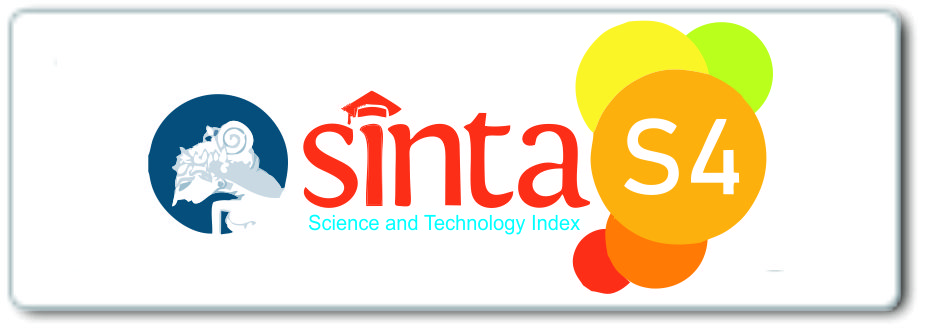- Focus and Scope
- Section Policies
- Peer Review Process
- Publication Frequency
- Open Access Policy
- Plagiarism Check
Focus and Scope
Jurnal Dakwah dan Komunikasi (JDK) is a scientific publication that efforts to facilitate academic articles and scholarly writings of a number studies in empirical research in the field of Da'wa and Communication. JDK is open to academics, students, researchers, and practitioners who are interested in contributing their thoughts, especially in the field of Da'wa and Communication.
The main focus of JDK journal is on the exploration of dynamics propagation in Islamic proselytizing, studies of communication science, and the development of contemporary media in theoretical realm as well as practical one, especially the scope of local, national, and global.
Sub themes and scope in the scientific publications of JDK include:
1. Da'wa and Islamic propagation:
- Studies in the science of da'wa, such as history of da'wa, philosophy of da'wa, and methodology of da'wa, include in culturally, economically, and politically.
- Management of da'wa that related to make a plan and strategy for Islamic proselytizing, Islamic global tourism, and Islamic management and religious tourism.
- Da'wa, especially in the analysis of social and psychological, Islamic counseling, and the relationship between da'wa and socio-cultural studies.
2. Communication science:
- Studies in communication science in general, communication theory, and approaches in communication, interpersonal communication, group communication, and organizational communication.
- Political communication, including the strategies of political communication, political campaigns, political marketing, governance, public policy, and political parties.
- Development of communication, such as the communication planning, communication and contemporary issues, and communication management.
- Communication science in the study of psychology and social culture, include in the field of sociology of communication, psychology of communication, communication and local wisdom, and intercultural communication.
- Media studies, including the scope of journalism, mass communication, mass media management, media content analysis, and new media studies.
- Public Relations (PR), consisting of human relations, corporate social resposibility (CSR), media relations, public affair, marketing communications, and advertising.
Section Policies
Articles
Editorial
Peer Review Process
Every manuscript submitted to Jurnal Dakwah dan Komunikasi will be selected through Initial Review processes by Editorial Board. Then, Editorial Board sent the form of authenticity of the manuscript and the statement that has not been published in any journal. Then, articles will be sent to the Mitra Bebestari/ peer reviewer and will go to the next selection by Double Blind Preview Process.
After that, the articles will be returned to the authors to revise. These processes take a month for a maximum time. In the each manuscript, Mitra Bebestari/ peer reviewer will be rated from the substantial and technical aspects. Mitra Bebestari/ peer reviewer that collaboration with Jurnal Dakwah dan Komunikasi Dini is the experts in the Early Issue of Da'wa and Communication area. They were experienced in the prestigious journal management and publication that was spread around the national and abroad.
All submitted manuscripts are evaluated by editorial staff. Those Manuscript evaluated by editors to be inappropiate to journal criteria are rejected promptly without external review. Manuscript evaluated to be of potential interest to our readership are sent to double bilnd reviewers. The editors then make a decision based on the reviewer's recommendation from among several possibilities : rejected, revision required, or accepted.
The editor has the right to decide which manuscripts submitted to the journal should be published. Review Process :
- Author submit the manuscript
- Editor Evaluation (some manuscript are rejected or returned before the review process)
- Editor sent form of authenticity of the manuscript
- Double Bind peer review process
- Editor Decision
- Confirmation to the author
Publication Frequency
Jurnal Dakwah dan Komunikasi published twice a year (May and November). Each issue number (issue) amounts to a minimum of five (5) the title.
Open Access Policy
Jurnal Dakwah dan Komunikasi provides immediate open access to its content on the principle that making research freely available to the public supports a greater global exchange of knowledge.
Plagiarism Check
JDK Editorial Board will ensure that every published article will not exceed 20% similarity Score. Plagiarism screening will be conducted by JDK Editorial Board using Crossref Similarity Check (powered by iThenticate)
















 This work is licensed under a
This work is licensed under a